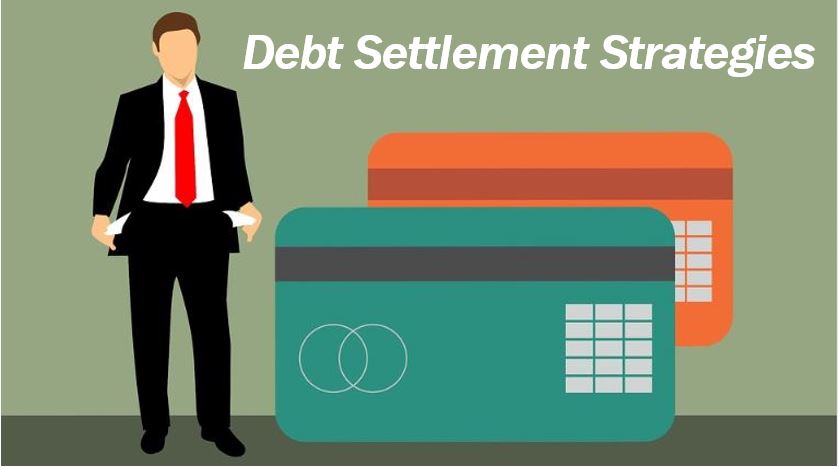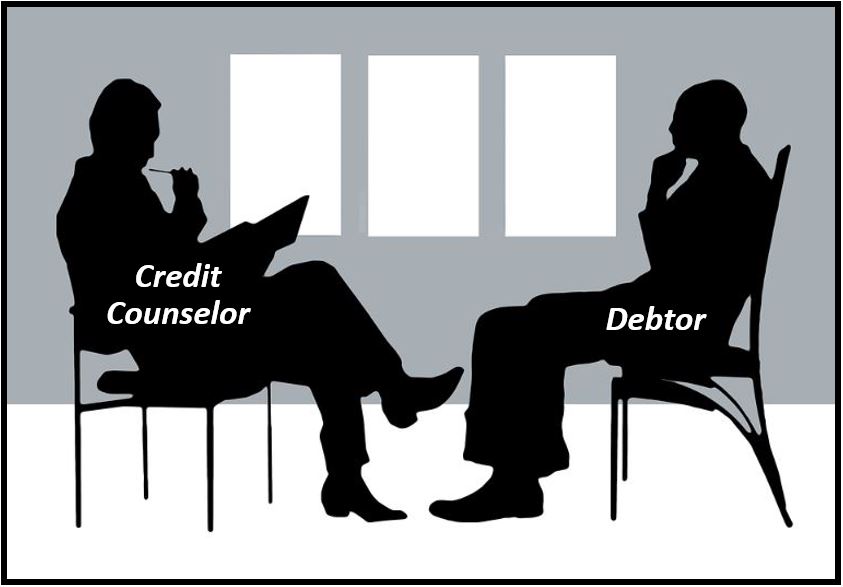Are you in a tough spot with your debts?
Fear not. With the right negotiation skills and approach, you can come to a new arrangement with your creditor, which can help put you back on the right track.
 Renegotiating a debt requires a certain amount of planning beforehand. You cannot just jump in feet first. Most importantly, the new arrangement needs to satisfy both you and the lender.
Renegotiating a debt requires a certain amount of planning beforehand. You cannot just jump in feet first. Most importantly, the new arrangement needs to satisfy both you and the lender.
This article has some tips that can help you get started. If you want expert guidance and assistance, you can check out the professional services of a Debt Relief Program.
What is a debt settlement?
Your aim is to make a one-off partial payment that the lender agrees to rather than continuing to pay monthly instalments until your debt is paid in full. In other words, your goal is to pay off a percentage of the total debt in one go.
Credit card companies, for example, will prefer to recover some of the money they lent you rather than none of it. If you’re close to bankruptcy or hemorrhaging money, the lender will most likely do whatever it can to cut its losses.
If you plan things carefully, and your creditor is convinced that you are in dire straits, you could save up to 70% of your debt.
Are there any downsides to debt settlement?
Before moving forward with your debt renegotiation strategy, you need to be aware of some possible pitfalls or downsides.
Be prepared to possibly lose your credit card account once the debt is renegotiated and settled.
You will have to come up with a lot of money at once. Will you manage to get by afterwards?
If you are not sure, perhaps you should seek professional advice before moving forward. If you think you could cope, then read on!
 What are the strategies in negotiating your debt settlement?
What are the strategies in negotiating your debt settlement?
Like anything in life, the better prepared you are, the more successful you will be. When renegotiating a debt, you must have a well-thought out and rehearsed game plan. You should also have a backup plan or Plan B in case your first one isn’t successful.
The lender needs to be totally convinced that you are in serious financial difficulties. It must view your attempt at renegotiation as a last chance, i.e., the last chance it has to recover as much of the money it lent you as possible. Most financial institutions are practical entities. They do not want to lose money.
If this means sitting down with you and coming to a new arrangement, they will be keen to do so. Your current situation must seem credible. If they see that you are still spending large amounts of money, the whole negotiating process will be over before it even started.
Focus on your worse debts first
It is crucial that you adopt a thrifty lifestyle. Also, if you have been paying your minimal installment requirements during the past few months, the lender will wonder why you want to renegotiate. That is why you should focus just on debts where you have fallen behind on your repayments.
If you’re sure your records look the part, then you can proceed with your debt settlement plan. Call your credit card company and ask for the manager in charge of debts. Explain that you have hit on hard times and that you are struggling to make ends meet. Also, tell them that you have several other debts that you are having problems with.
Aim for a one-off settlement
The lender will be more likely to want to sit down and work out a new arrangement with you if it believes that other lenders might be doing the same. Start off by offering to pay thirty percent of the outstanding balance. They will probably aim for a higher amount. If they demand more than 50%, explain that you may have to consider dealing with other creditors first.
If you come to an arrangement that suits both of you, get them to put it all down in writing and sign it. Check the small print in the contract to make sure that this new arrangement frees you from any future debt repayments.
Remain calm
Regardless of what the lender says, it is crucial that you try to stay calm. If you lose your temper, you will not make any progress. In fact, you could complicate things.
If you feel that you are about to get angry and possibly lose your temper, find a way to end the meeting there and then and arrange to talk to them later.
Some debtors find that asking for the conversation to be recorded helps prevent bullying or manipulative behavior by the lender.
If the lender declines, don’t panic
If the lender flatly declines your offer to renegotiate, do not despair. There are still some options you could take reduce the financial burden. Try to find out whether there might be another payment plan that suits you better.
Maybe they will agree to adjust the size of your monthly intallments. In some cases, the lender may be willing to reduce the APR (annual percentage rate).
Whoever you are talking to has been trained to recover as much of a debt as possible. They do not want to scare you off or push you over the edge, which raises the risk losing all the money they lent.

Get help
If you feel you might be out of your depth, seek assistance from a professional debt negotiator or counselor. Some people refer to them as credit counselors. Get one that is properly qualified and reliable by reading testimonies like those in Accredited Debt Relief reviews, where you can read feedback reports from individuals who have been in similar situations to your current one.
A good credit/debt councilor can help you throughout the whole renegotiation process. They will also show you what tools are available that can help reduce your debt. Beware of firms promising to renegotiate or settle your debt quickly.
Conclusion
Hopefully, you are now in a better position to get on top of your current financial problems. Do not make the tragic mistake of burying your head in the sand and hoping the problem will go away. It won’t – it will gradually get worse.
Lenders are usually sympathic if you explain what your problem is. Especially if you convince them that you want to find a solution.
____________________________
Interesting related article: “What is debt?”

